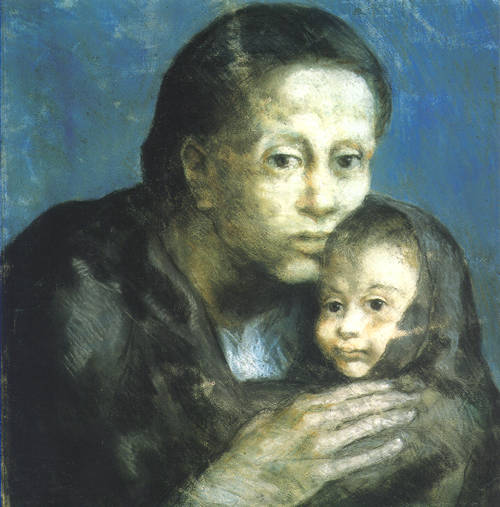DOUBTS IN THE NURSING MANAGEMENT OF CLINICAL HISTORY: LEGAL ASPECTS
Abstract
As part of the changes produced within the nursing profession, the registration of the activities carried out proves to be necessary for the management of quality care, keeping in mind the legal aspect and development of nursing training. According to Spanish Act 41/2002, clinical history is the array of documents related to the care process of every patient, including the identification of doctors and health professionals that have intervened in the care. Its objective is to facilitate sanitary care, paying attention to aspects such as training and research, evaluation of the quality of care, administration and medical-legal.
The Spanish Act 41/2002 determines which documents are obligatory and should be present in the clinical history. Among these are the care planning sheets, the records of therapeutic work and vital signs. All these should be present in each one of the moments along with the correspondent identification of the people carrying out the action, as these imply legal responsibility, as long as law compliance is guaranteed. Therefore, nursing must understand and fulfill the regulation regarding the use of clinical history.
Nursing records are the documental tool where all the information of nursing activity is collected regarding a specific patient, assessment, received treatment, and progression. Nursing records are an essential part of the clinical history and therefore, have similar functions; the main one being treatment, focused on providing maximum quality care, as well as the researcher-trainer, management and contribution to the development of our profession. Other objectives are legal because the records are the documented testimony of the professional actions upon the Court requirements.
Downloads
-
Abstract2333
-
PDF (Español (España))809
The works published in this magazine are subject to the following terms:
1. The Publications Service of the University of Murcia (the publisher) preserves the copyright of the published works, and encourages and allows the reuse of the works under the license for use stated in point 2.
© Servicio de Publicaciones, Universidad de Murcia, 2011 (© Publications Service, University of Murcia, 2011)
2. The works are published in the electronic edition of the journal under Creative Commons Reconocimiento-NoComercial-SinObraDerivada 3.0 España(texto legal) “ a Attribution-NonCommercial-NoDerivatives 3.0 Spain license (legal text)”. They can be copied, used, broadcasted, transmitted and publicly displayed, provided that: i) the authorship and original source of their publication (journal, publisher and URL) are cited; (ii) are not used for commercial purposes; iii) the existence and specifications of this license is mentioned.
3. Conditions of self-archiving. Authors are allowed and encouraged to electronically disseminate the pre-print (pre-reviewed ) and / or post-print (reviewed and accepted for publication) versions of their works prior to publication, as it ensures a wider circulation and dissemination which may lead to a possible increase in its mention and a higher scope among the academic community. RoMEO color: green.













